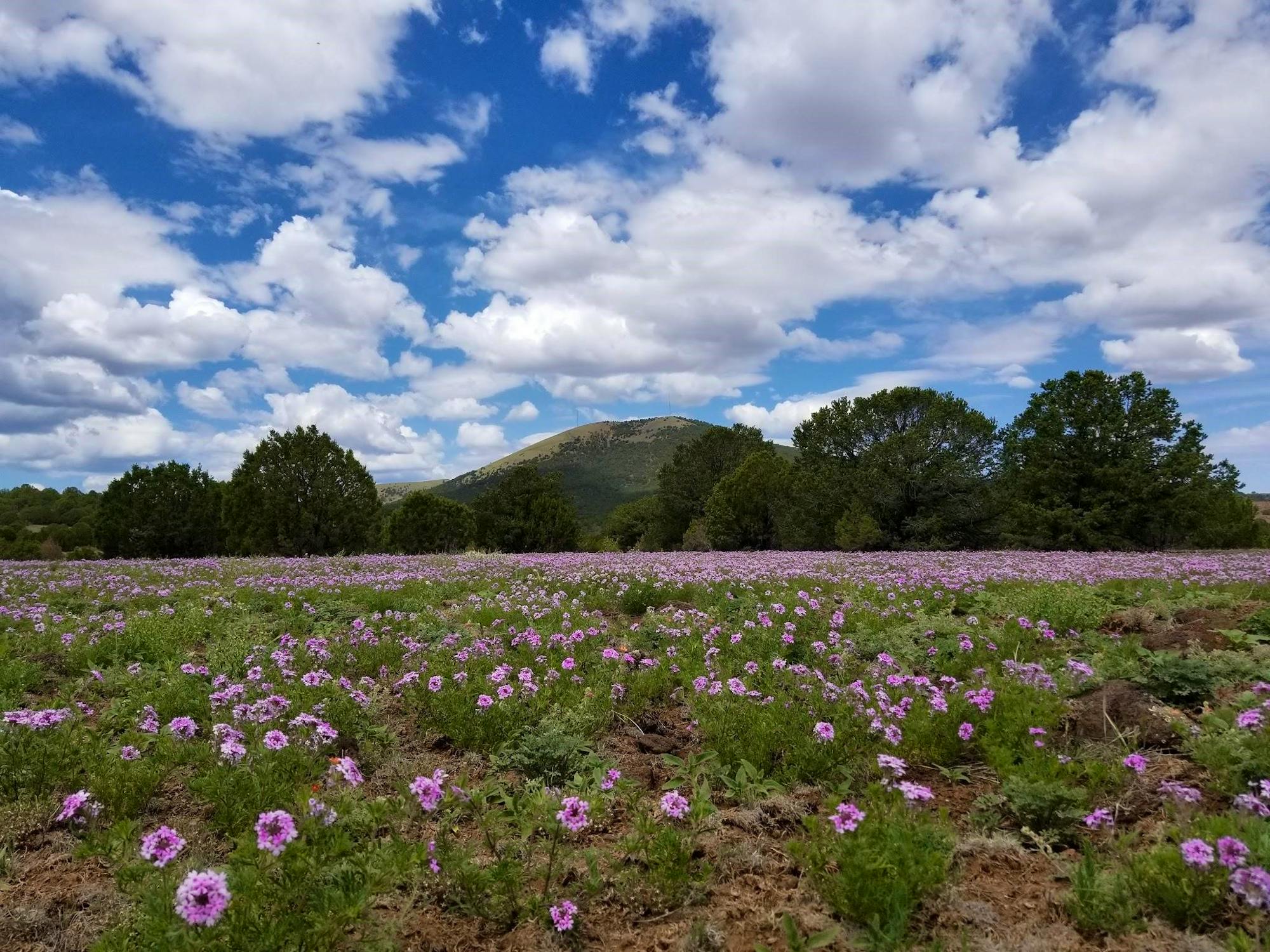Black History Month is an opportunity to reflect and remember, learn and celebrate the many prominent Black leaders who have made enduring impacts on conservation. In a traditionally white, male field, these four remarkable conservationists not only overcame obstacles, but also confronted major challenges head-on to become catalysts for change.
Hazel M. Johnson, the mother of the environmental justice movement, fought against pollution in her Chicago community, while Michael Werikhe, known as Kenya’s “Rhino Man,” traversed continents to save endangered rhinos. Paula Kahumbu, driven by a deep love for Kenya's wildlife, works tirelessly to protect elephants and elevates African voices in conservation. Lisa Perez Jackson, the first African American Environmental Protection Agency Administrator, left an indelible mark on federal regulations and policies. In honor of Black History Month, we celebrate these trailblazers, learn from their journeys and emphasize the importance of diversity and inclusivity in raising awareness and creating enduring conservation solutions for people and wildlife.
Hazel M. Johnson (b. 1935, d. 2011)
Black communities have historically faced environmental injustice, built on centuries of racism and marginalization, where Black voices and perspectives were blatantly absent. Hazel M. Johnson lived in several of these communities and saw the impact it was having on her community.
Born in a region of Louisiana now known as “Cancer Alley,” then moving to a Chicago neighborhood built over an industrial waste dump, Johnson saw the effects of pollution firsthand as members of her family struggled with health ailments attributed to pollution. In these communities, rates of cancer, birth defects and asthma were grossly higher than those in more affluent ones.
Johnson took charge of creating a safer environment for her community in Chicago, by documenting the health impacts due to contamination and hazardous waste. She founded People for Community Recovery, led workshops and advocacy trainings for community members and inspired young people to recognize the importance of a clean, healthy environment. She elevated her cause to a national level, advocating for legislation to fight further environmental atrocities and hold governments accountable to ensure a healthy environment in minority and low-income communities.
The environment justice movement endures today thanks to Hazel M. Johnson. She has inspired the next generations of leaders who are fighting environment racism and working to create a healthier and safer environment for communities of color.
Michael Werikhe (b. 1956, d. 1999)
Michael Weikhe, known as Kenya’s “Rhino Man,” traveled the world to educate people about the threats facing rhinos. He would walk five hundred miles, and five hundred more, to save endangered rhinos in his home country of Kenya. He raised money through sponsored walks across continents and used the funds to help Kenya create protected and guarded conservation areas for rhinos.
Like much of Africa’s wildlife, rhinos were, and continue to be, threatened by poaching. In addition to his sponsored walks, Werikhe visited countries responsible for rhino horn trade and lobbied governments to find alternatives to using rhino horn powder in medicines. In 1990, Werikhe was bestowed the Goldman Environmental Prize, a global achievement recognizing grassroots leaders in environmental conservation.
Werikhe was assassinated for his outspokenness in 1999, but his important work made a lasting impact on critically vulnerable black and southern white rhino populations.
Paula Kahumbu (b. 1966)
Protecting wildlife and defending nature is at the heart of Paula Kahumbu’s work. Also a native of Kenya, Kahumbu grew up alongside the incredible wildlife that share the Kenyan landscape. Elephants captured Kahumbu’s heart, and once she learned their plight against poaching, she vowed to be a driver of change and inspire other Africans to do the same.
Kahumbu earned a Ph.D. in ecology and evolutionary biology and uses her knowledge to educate and empower Africans to speak up on behalf of wildlife and their habitat, noting that they have insight and experience that white, Western counterparts do not. Today she is the CEO of WildlifeDirect and leads a campaign, “Hands Off Our Elephants,” to end poaching and establish legislation to protect elephants.
Meaningful and impactful conservation work cannot be achieved alone, and Kahumbu is working to elevate the voices of Africans, while also inspiring and educating others around the globe.
Lisa Perez Jackson (b. 1962)
Enduring environmental solutions doesn’t happen with a snap of the fingers. It takes time and incremental progress. It takes research and collaboration. Lisa Perez Jackson knows these lessons well. She began her career as a staff scientist at the Environmental Protection Agency, working on the agency’s Superfund site remediation program to clean toxic and contaminated areas that impact public and environmental health. She developed many hazardous waste cleanup regulations and later sought to improve enforcement of this work at the New Jersey Department of Environmental Protection.
In 2008, she was nominated by President-elect Barack Obama to serve as EPA Administrator, becoming the first African American to hold the position. In this leadership position, she worked across agencies and departments to create standards for fuel-efficient cars, improve emergency disaster response efforts, decrease air pollution and more. At the core of her work was establishing stronger environmental protections within historically underrepresented and marginalized communities.
Perez Jackson now leads environmental, social and policy initiatives at Apple Inc. to minimize the multi-trillion-dollar corporation’s impact on the environment and create new ways to conserve resources in the tech industry.
In celebrating Black excellence through the stories of Hazel M. Johnson, Michael Werikhe, Paula Kahumbu and Lisa Perez Jackson, we illuminate the impactful contributions of these extraordinary advocates. Their journeys serve as inspiration to carry forward the lessons learned from these pioneers, amplify the voices of Black conservationists and foster unity in our shared commitment to a sustainable future.











Follow Defenders of Wildlife
facebook bluesky twitter instagram youtube tiktok threads linkedin